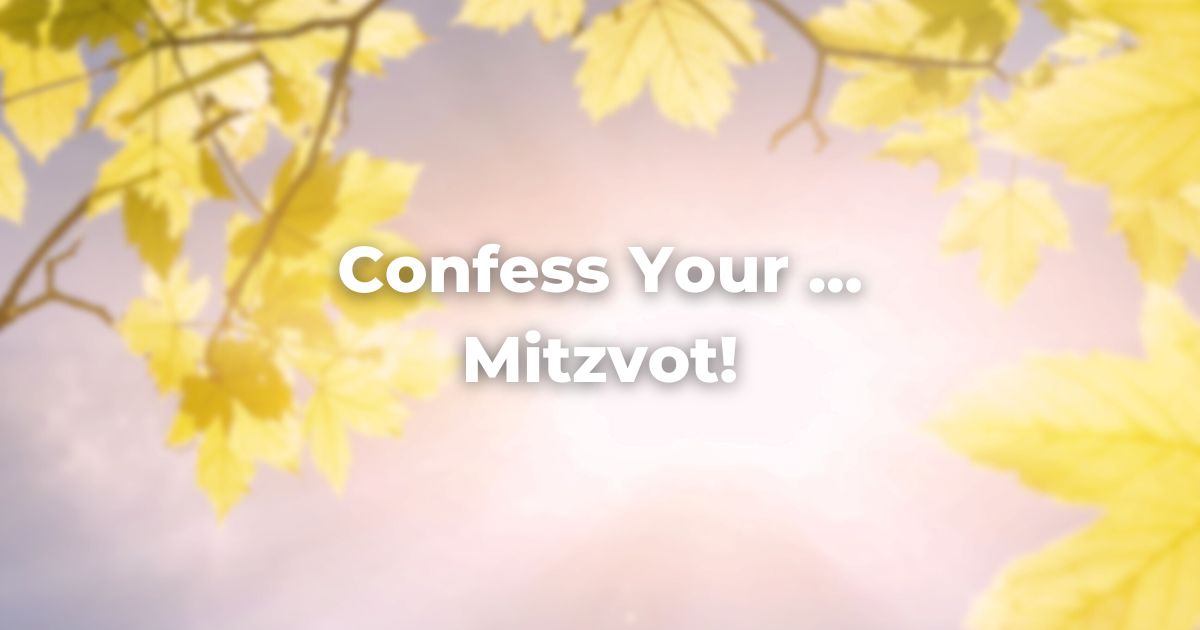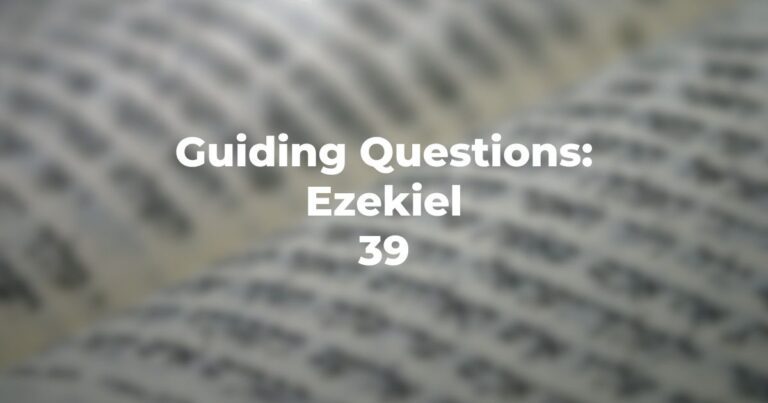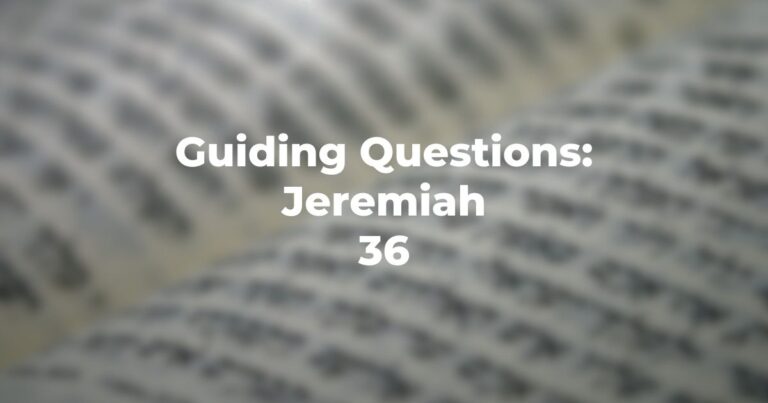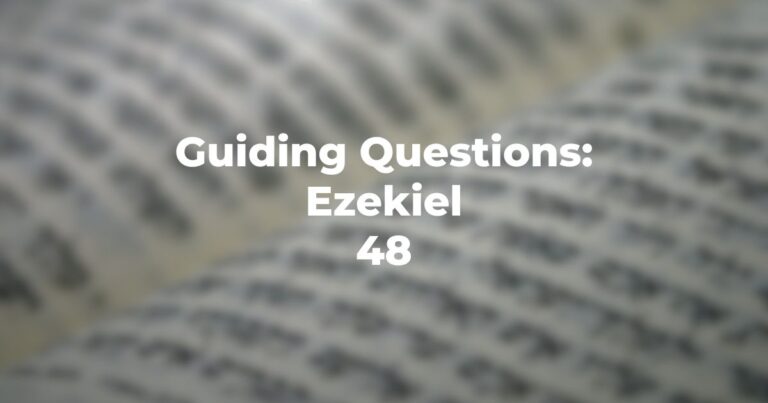One of my teachers died this week. Rabbi David Ebner, z”l, was a spectacular educator, poet, and thinker. Most importantly, he was a giant and caring soul. I won’t eulogize him here; hundreds of his students knew him better and are more qualified. I learned from him for two and a half years, and that learning is with me every week, if not every day.
I did not know he was unwell, but his name and teachings have been on my lips for the past four weeks as I have taught the Rambam’s Hilkhot Teshuvah, Maimonides’ Law of Repentance. As we approach the high holidays, we spend time studying Maimonides’ masterpiece, and I am reminded of Rav Ebner’s awe-inspiring analysis and teaching that I first encountered in 1996. As a friend wrote, when I read Maimonides, it comes out in Rabbi Ebner’s voice.
Rabbi Ebner left behind thousands of hours of his classes as audio recordings. Yesterday, I opened a three-minute clip relating to this week’s parsha, Ki Tavo. He was teaching about a mitzvah called Viddui Ma’aserot, literally “the confessional of the tithe.” Twice in every seven-year shmitah (sabbatical) cycle, back when the Temple stood, farmers would bring their agricultural tithes to Jerusalem and declare that they had done everything right.
The TorahRefers to the first five books of the Hebrew Bible, the Tanakh, also called the Five Books of Moses, Pentateuch or the Hebrew equivalent, Humash. This is also called the Written Torah. The term may also refer to teachings that expound on Jewish tradition. Read more provides the confessional vidui formula:
I have cleared out the consecrated portion from the house; and I have given it to the [family of the] Levite, the stranger, the fatherless, and the widow, just as You commanded me; I have neither transgressed nor neglected any of Your commandments: I have not eaten of it while in mourning, I have not cleared out any of it while I was impure, and I have not deposited any of it with the dead. I have obeyed my God HaShem; I have done just as You commanded me. Look down from Your holy abode, from heaven, and bless Your people Israel and the soil You have given us, a land flowing with milk and honey, as You swore to our fathers. (Devarim 26:13-15)
Rabbi Ebner focused not on the technical aspects, but on the essential point: Why is it a vidui, a confession?
The only other time we use the word vidui is when confessing sins. We beat our chests to Yom Kippur’s refrain of Ashamnu, bagadnu, gazalnu…. Vidui is integral to the process of teshuvah, of repentance. It’s the “action” part of the repentance process. If you missed doing a mitzvah, you have regret, you confess to God, and you move on. The action is in the confession.
But here, the farmer’s vidui is not about sin and failure; it’s a confession of perfection—of success. What can we make of this?
Rabbi Ebner shared the following idea in the name of the Hasidic Masters, although I could not find a textual source. The Hasidic idea says: of course, you must confess your sins, slip-ups, and errors, but it is proper to begin your process by articulating what you have done right. Otherwise, we might focus on the bad and fall into a state of despair, which is in itself a transgression.
Rabbi Ebner’s words as he spoke in the Yeshiva, transcribed:
…I think, personally, that this is the way one should begin [vidui, confession]. To focus, …before one examines himself for what has happened that perhaps he shouldn’t have let happen, one should look at his positive character traits, his positive actions, and so on and so forth, and resolve to strengthen them further. Because you know you have the capacity in them [those traits and positive actions], because you have been successful.
I recently completed an annual performance review at work. Part of the process was a self-review, and wisely, the form began with me listing my top three professional accomplishments this year. I put three, and they were fine. I’m proud of them. But I didn’t think there was any way to prioritize those three over the many other successes. I kept writing. I wrote about what I learned. I wrote about what I changed. My list was about 20 lines long when it was all done. And I felt good.
Then I made a list of some aspects that needed improvement, and those felt good, too, because I knew I could build on my successes. Another year is ahead, with many more challenges and opportunities for success.
Rabbi Ebner’s teaching reminds us of the superpower that every human has: choice. (It’s no accident that Maimonides included his theory and philosophy of free will in the Laws of Repentance.) We can choose to focus on the good or the bad. We can choose to move ahead or slide back.
But what we can never do, God forbid, is despair. We must always see that we are fundamentally good, have done right, and are proud to state it in front of God and those who make up our community.
Author
-
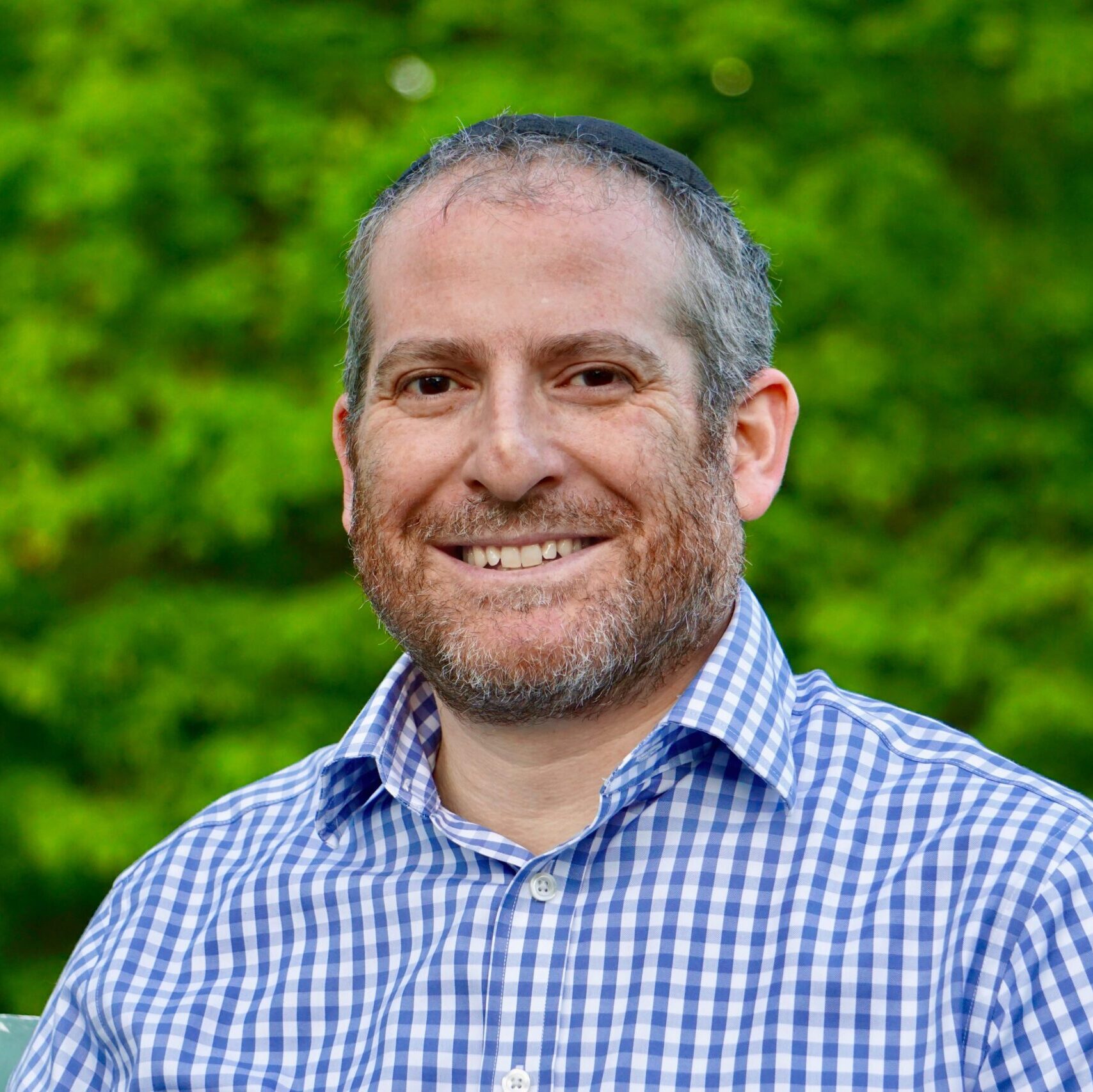
Rabbi Mordechai Rackover serves as Editor in Chief of Exploring Judaism and Director of Publications and Digital Engagement at The Rabbinical Assembly. He has a background in education, campus work, and the pulpit. Mordechai studied for nearly a decade in a number of Yeshivot in Israel and has a BA in Jewish Studies from McGill University and an MA in Jewish Communal Leadership from Brandeis University. When not working he can be found reading or cooking and occasionally catering. Check out his Instagram for mouthwatering shots.
View all posts

